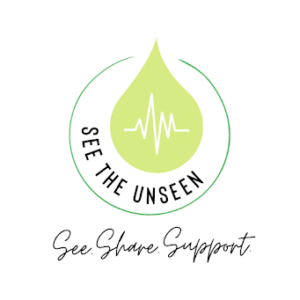This past Monday saw America united in remembrance of a man driven by love.
Martin Luther King Jr. commanded attention through deeply passionate speeches. His marked gift for crafting the right words for the right moment propelled the civil rights movement to new heights. Above all this, however, I would argue he is remembered most for his choice to protest using nonviolent means in the face of brutal adversity.
Humanity as a whole on some level embraces the “eye for an eye” mentality. We intrinsically demand reparation and equality when a wrong is perceived and those we care about are the victims. So King’s choice to not shove back – not physically, at least – stands out in the annals of history alongside the actions of one of his inspirations, Gandhi.
Every year his most memorable quotes pepper the Internet, and we remember the power of a dream. What stuck with me the most this year was a quote I had somehow never seen before.
“I have decided to stick with love,” King said. “Hate is too great a burden to bear.”
The point to recognize in that sentence is the nature of choice. Despite the hate, despite the threats to his family and even the bombing of his home, King chose not to give in to hatred. I forget who said it, but there’s a quote that roughly goes, “Hate is like drinking poison and waiting for the other person to die.”
Based strongly within his Christian background, King fully recognized how dangerous it is to give in to hatred of another person, even the temptation to simply speak ill of them. If you adhere to any form of Christianity, you’ve heard “love your neighbor as you love yourself” in one form or another. But isn’t it possible to love and hate someone at the same time?
I love my family, but I have said some hurtful things in the past. I love my friends, but sometimes I’m sure they hate my guts for something I’ve done to get on their nerves.
To choose love, then, is admirable. Choosing to embrace another person as your fellow man or woman – recognizing your own flaws and hopes alongside their own – and refusing to harbor a toxic hatred in your heart for even your “enemies”: that is intrinsically good.













Be First to Comment